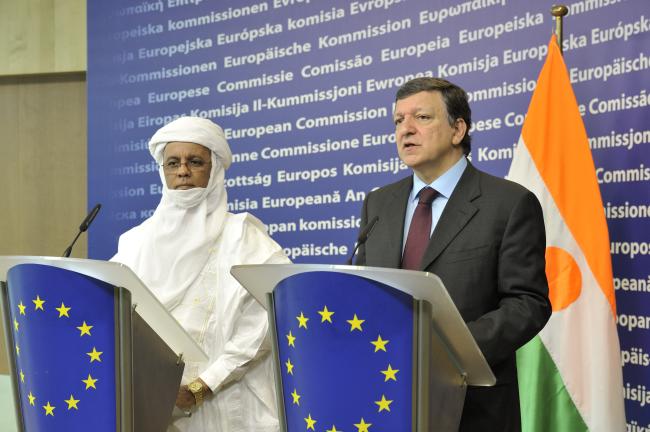Enlargement: take your time. The European Commission wants to change the tempo
(Archives B2) The Commission presented yesterday (8 November) a new, slower vision for future enlargements. Turkey receives a warning.
The change in tone is clear
It is no longer a question of widening for the sake of widening. " Quality trumps speed assures the European commissioner in charge of the dossier, the Finnish Olli Rehn. " Europe must ensure that it can maintain and deepen its development (…). We are not in a TGV rather in the Orient-Express. The arrival of the train is not displayed at the station he adds. The double No, in France and especially in the Netherlands, weighed on this shift. It's clear. " Before any further enlargement, a new institutional agreement will be needed explains Olli Rehn. In other words, a new treaty, but not automatically a new constitution. " It is (also) important to better inform citizens, to tackle their real concerns, to oppose facts to myths ».
Seven or eight candidate or potential candidate countries
Three countries have been officially recognized as candidate countries: Croatia, Macedonia/Fyrom and Turkey. Four other Balkan countries — Albania, Bosnia-Herzegovina, Serbia, Montenegro — are natural contenders and have yet to prove themselves. Of these countries which are knocking on the Union's door or are likely to do so, two above all pose more political problems: Turkey and Kosovo.
Ankara's last chance
Turkey, which refuses to fully open its ports and airports in Cyprus until the plight of Turkish Cypriots is improved, received a warning. This problem must be resolved by the European summit on December 14 and 15, indicated European Commissioner Olli Rehn. If the term " suspension of negotiations was not spoken, everyone thinks about it. If the situation does not change, between now and the end of the year, I believe it is necessary to review the timetable for membership commented Philippe Douste-Blazy, the (French) Minister of Foreign Affairs, before the National Assembly. " This is a last chance that Turkey must take added Camiel Eurlings, the specialist in the matter at the European Parliament. This threat is not virtual. Each State can indeed, at each stage of the negotiation, block it. And Cyprus threatens to use this right of veto.
The delicate question of Kosovo
Another sensitive point is the case of Kosovo. As long as the status of this predominantly Albanian region – autonomy or independence – is not settled, as well as its relations with Serbia, this “country” remains a potential powder keg. And five EU member states have still not recognized it.
(Nicolas Gros-Verheyde)
Long version of an article published in Ouest-France, November 2006

